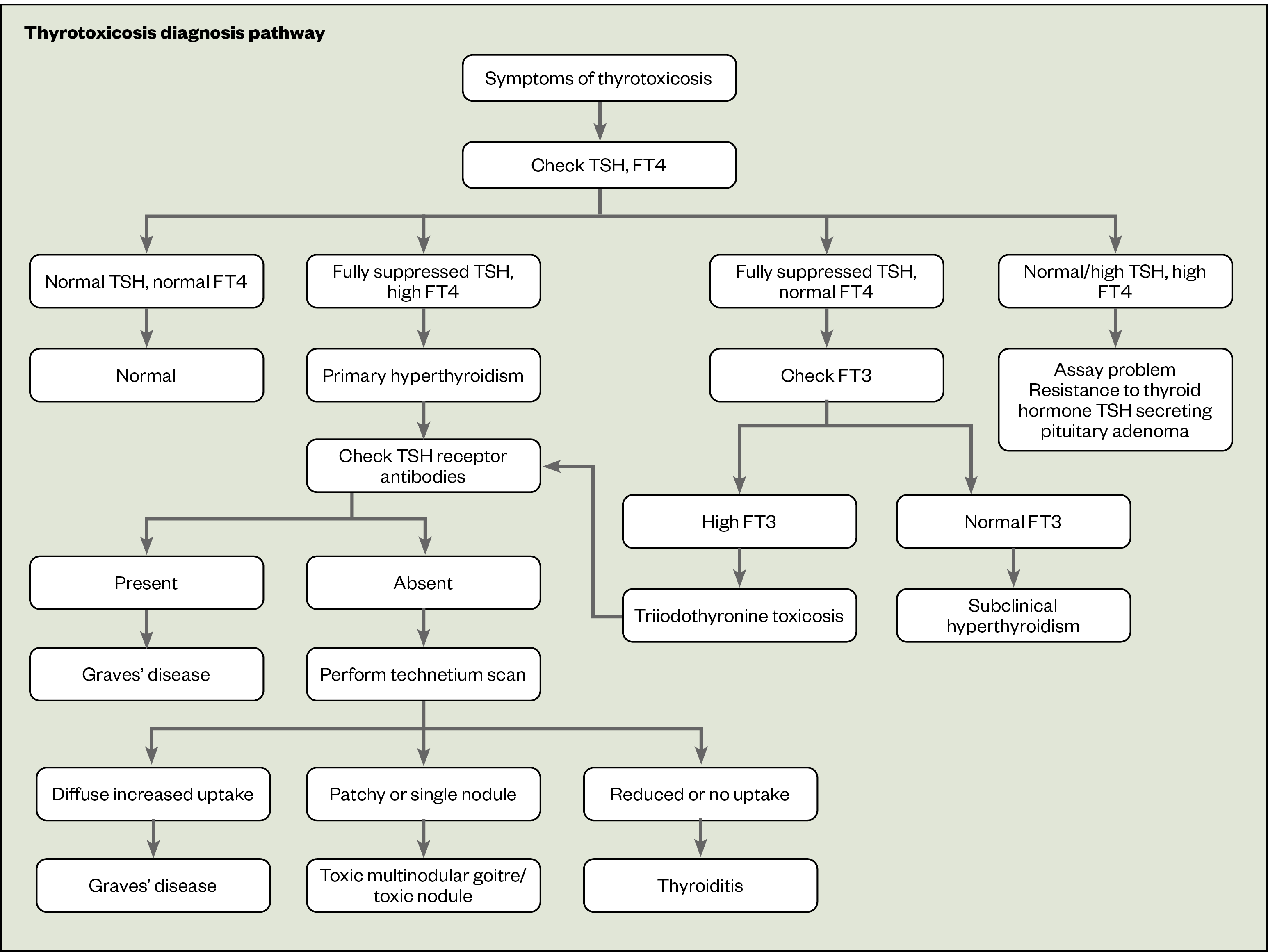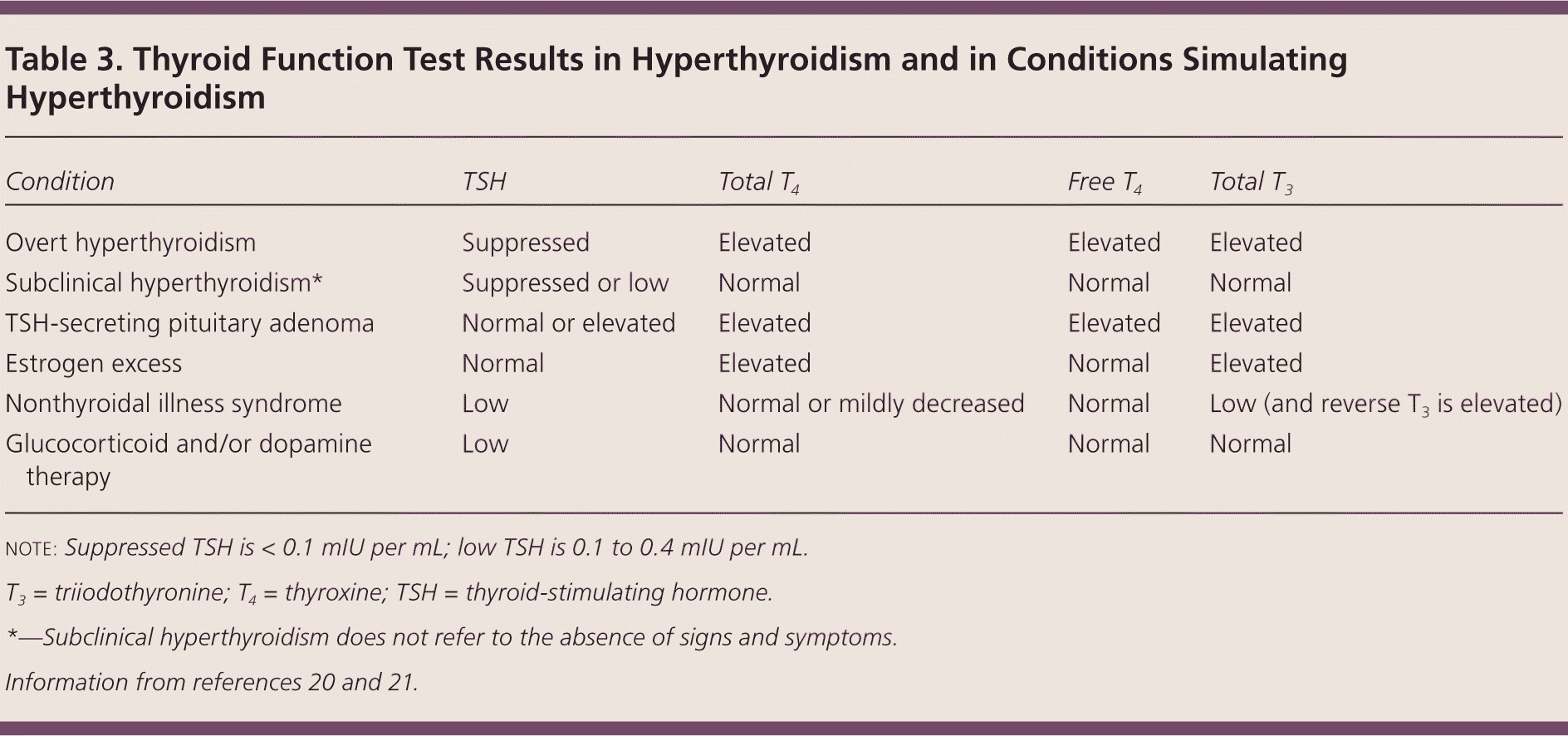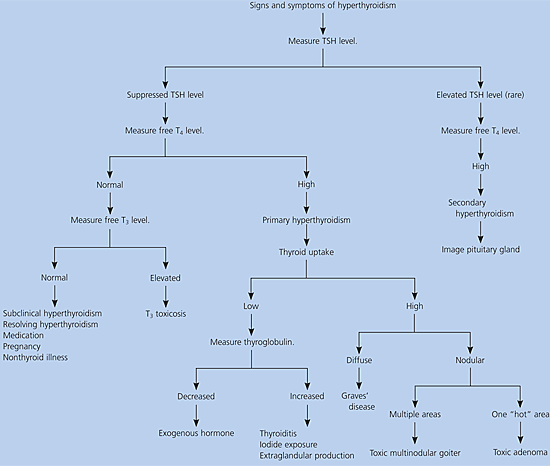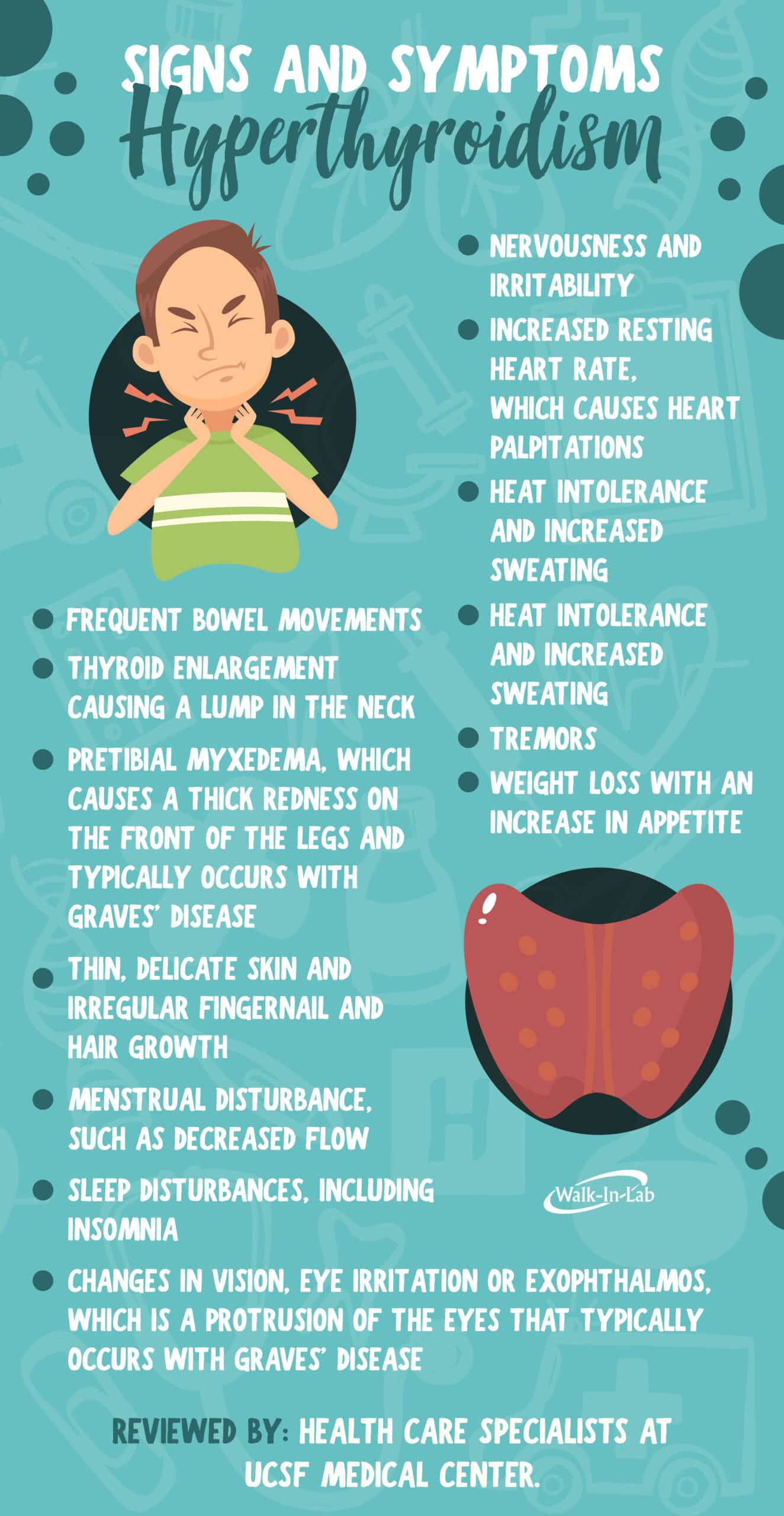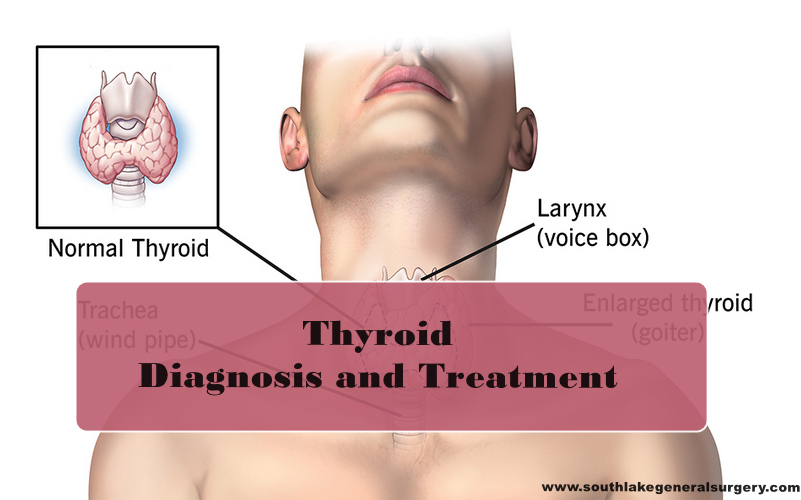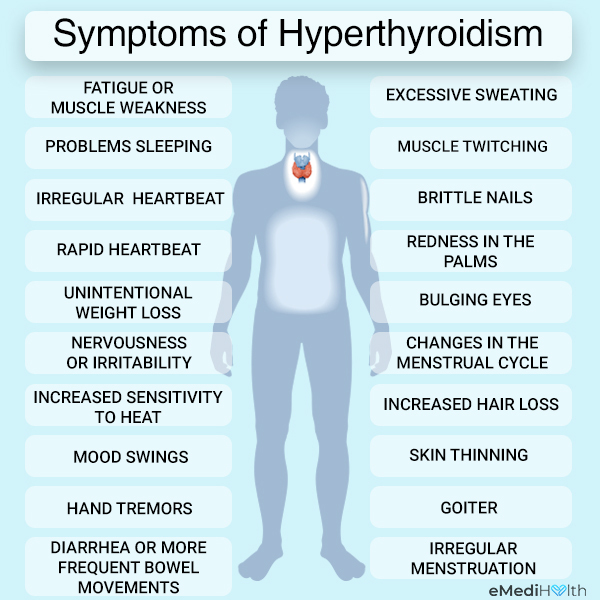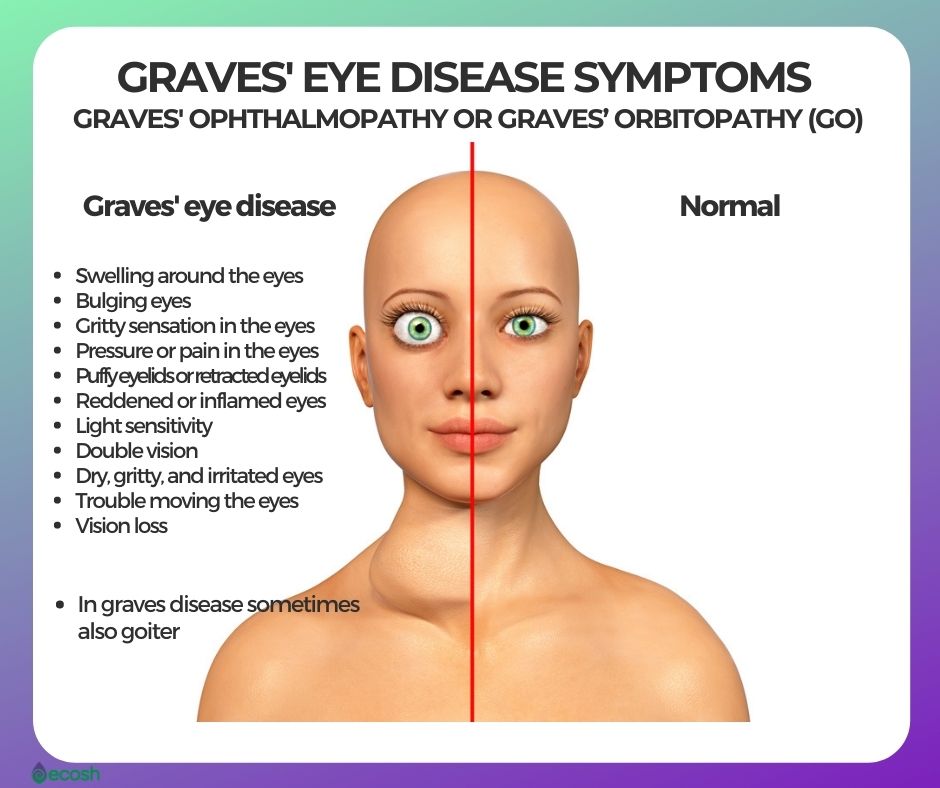Best Tips About How To Diagnose Hyperthyroidism
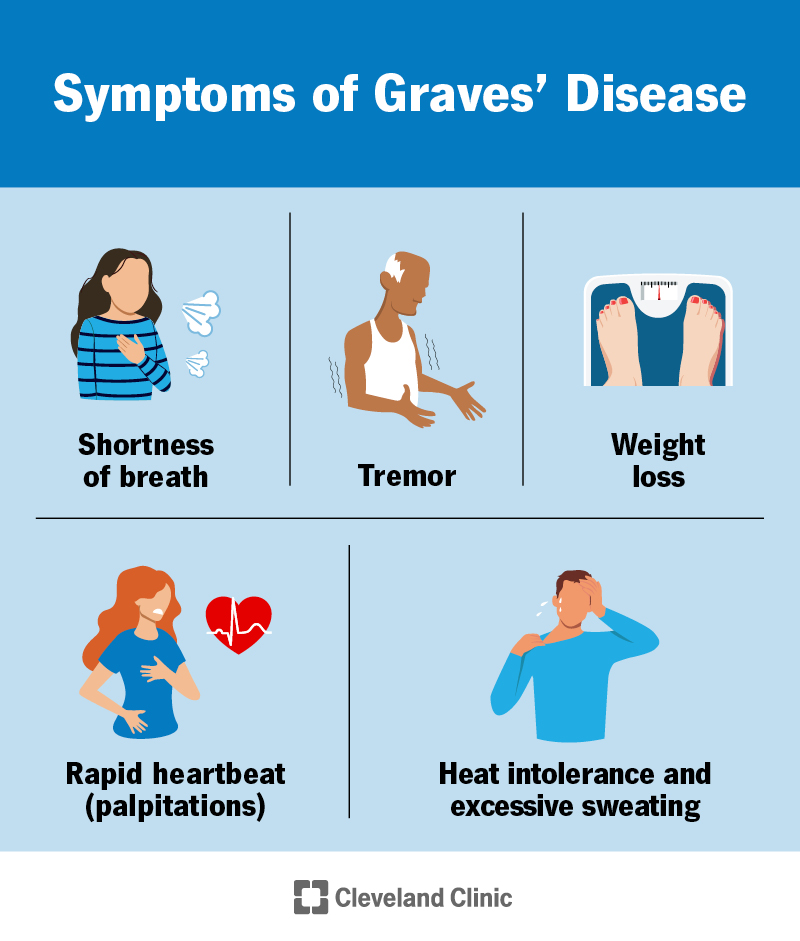
Hyperthyroidism is especially difficult to diagnose in the elderly, who will often not show overt physical signs.
How to diagnose hyperthyroidism. If you experience unexplained weight loss, a rapid heartbeat, unusual sweating, swelling at the base of your neck or other signs and symptoms associated with. See a gp if you think you may have an overactive thyroid (hyperthyroidism). Other symptoms are unintentional weight loss, increased appetite, sweating, increased sensitivity to heat, fatigue, muscle weakness, vision changes, thin, warm and moist.
Causing a variety of symptoms from increased. The choice of treatment depends on the underlying diagnosis, the presence of. A simple blood test to check your thyroid’s hormone levels is all that’s needed to find out if you have hypothyroidism.
Hyperthyroidism is a condition in which the thyroid gland produces more thyroid hormone than the body needs. In evaluating you for hyperthyroidism, a doctor will collect your personal and family medical history, and conduct a physical exam. 4 thyroid storm is a rare presentation of hyperthyroidism that may.
Typical signs of hyperthyroidism include: For hyperthyroidism, your doctor will see if your thyroid gland is bigger. They may also recommend a radioactive iodine uptake test.
Hyperthyroidism is most commonly diagnosed by measuring the t4 and tsh levels in your blood. Other patients have fewer and less. Difficulty sleeping frequent sweating or difficulty handling heat increased appetite more frequent bowel movements nervousness,.
Blood tests blood tests are performed that measure the levels of the thyroid hormones, t4and t3, which must be high to. How do doctors diagnose hyperthyroidism? Hyperthyroid might be due to heat excess in the liver or gallbladder if the condition is paired with typical pattern symptoms such as fixed pain in the hypochondria, headaches, dizziness and red.
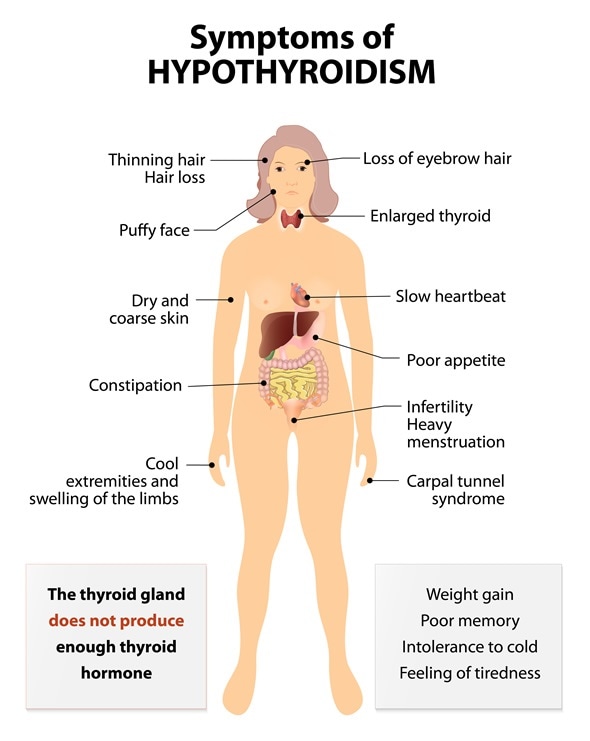
:max_bytes(150000):strip_icc()/hyperthyroidism-diagnosis-5ae0a9c83418c6003627b831.png)
/hyperthyroidism-diagnosis-5ae0a9c83418c6003627b831.png)
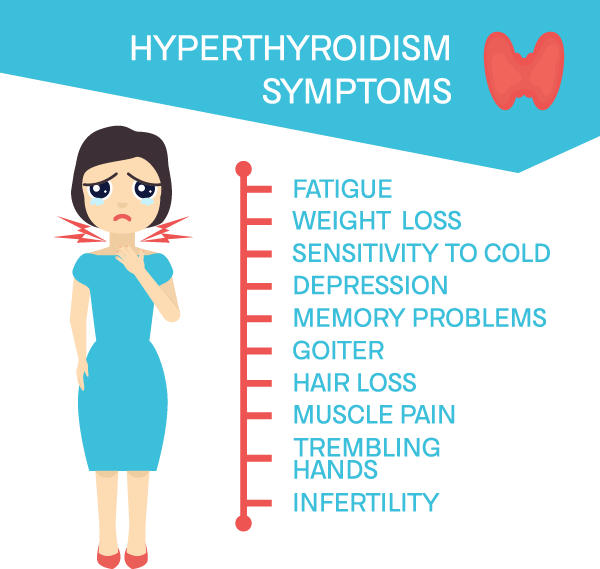
/thyroid-disease-diagnosis-4013578-5c6f2dc9c9e77c000151ba11.png)
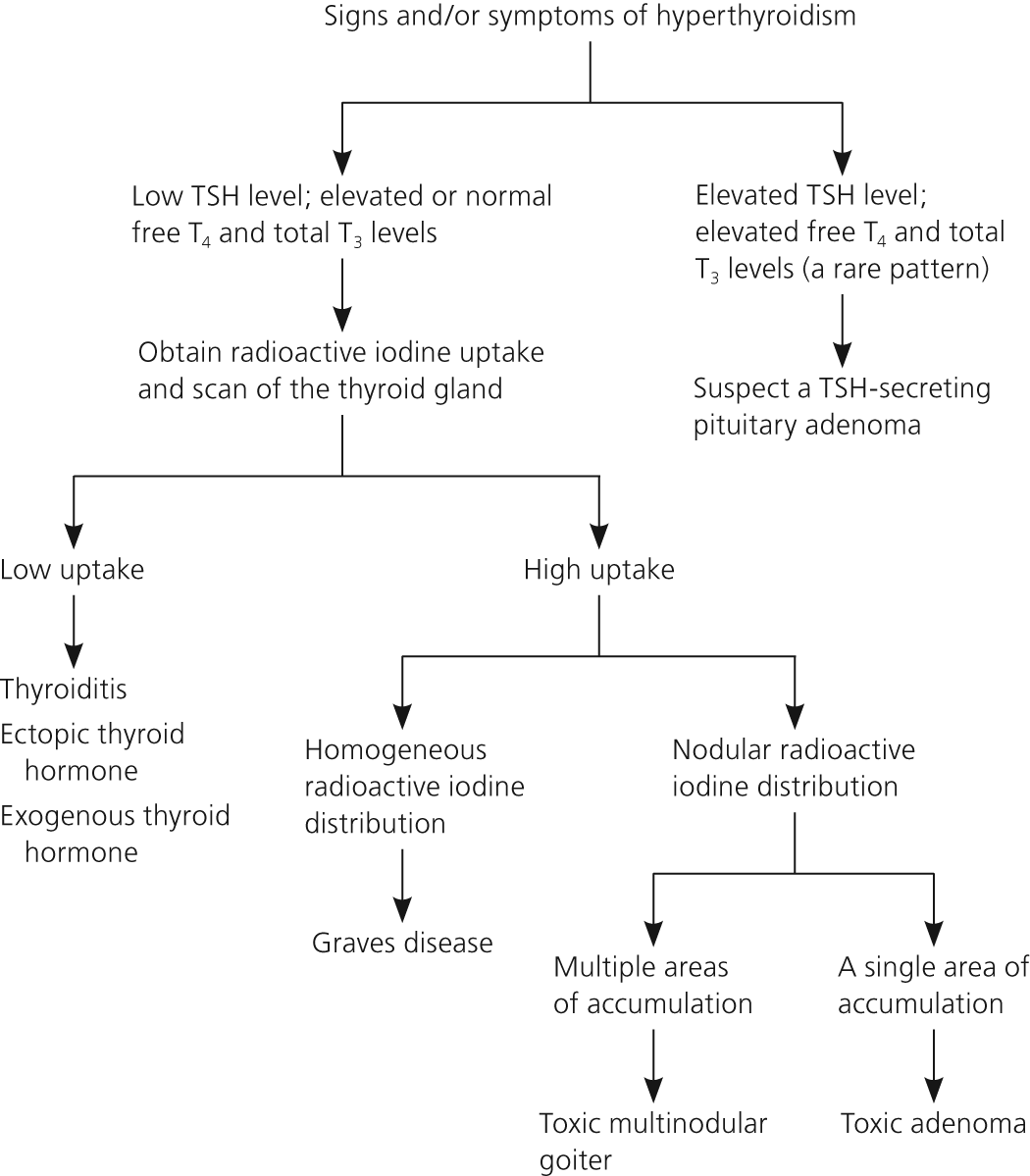
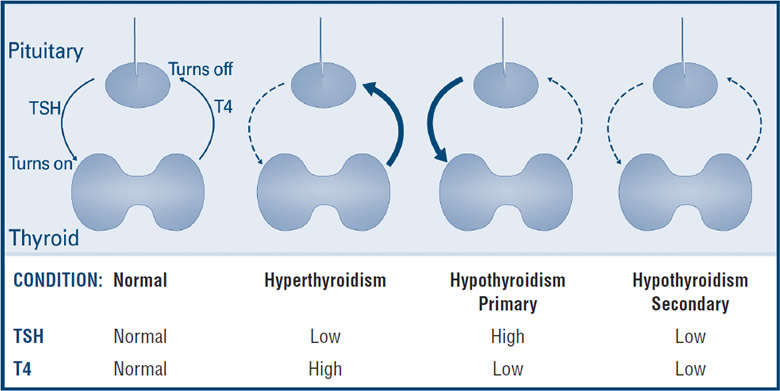
/hyperthyroidism-symptoms2-5ae1f90e30371300367d5dce.png)
